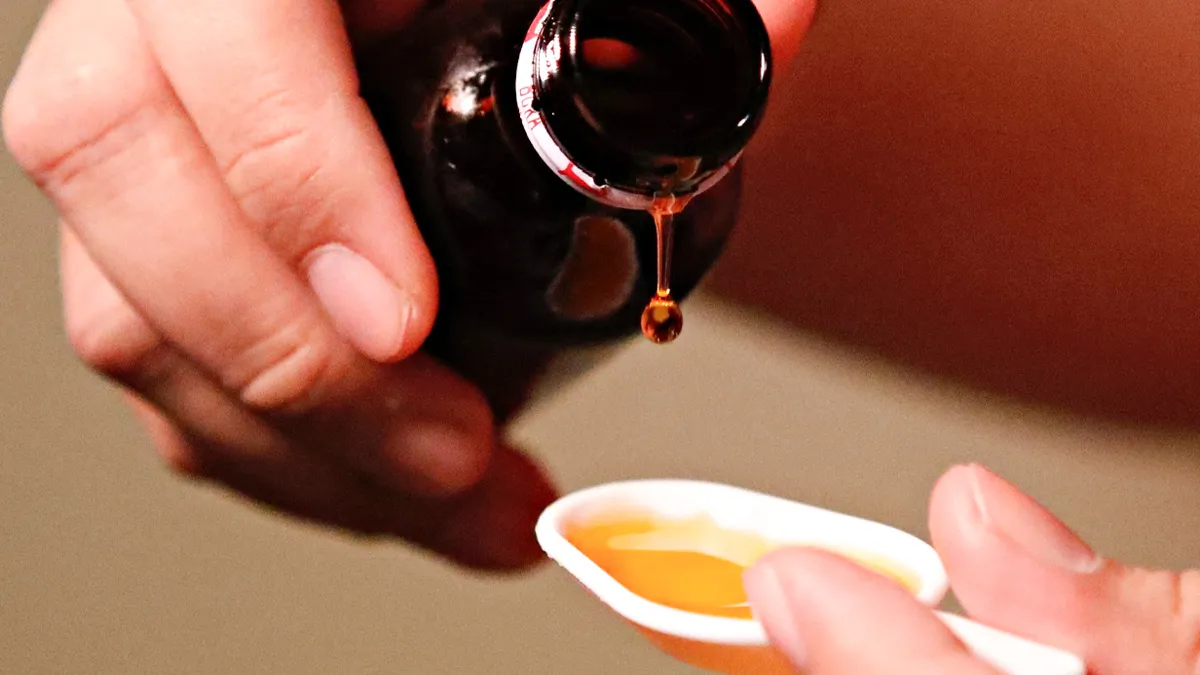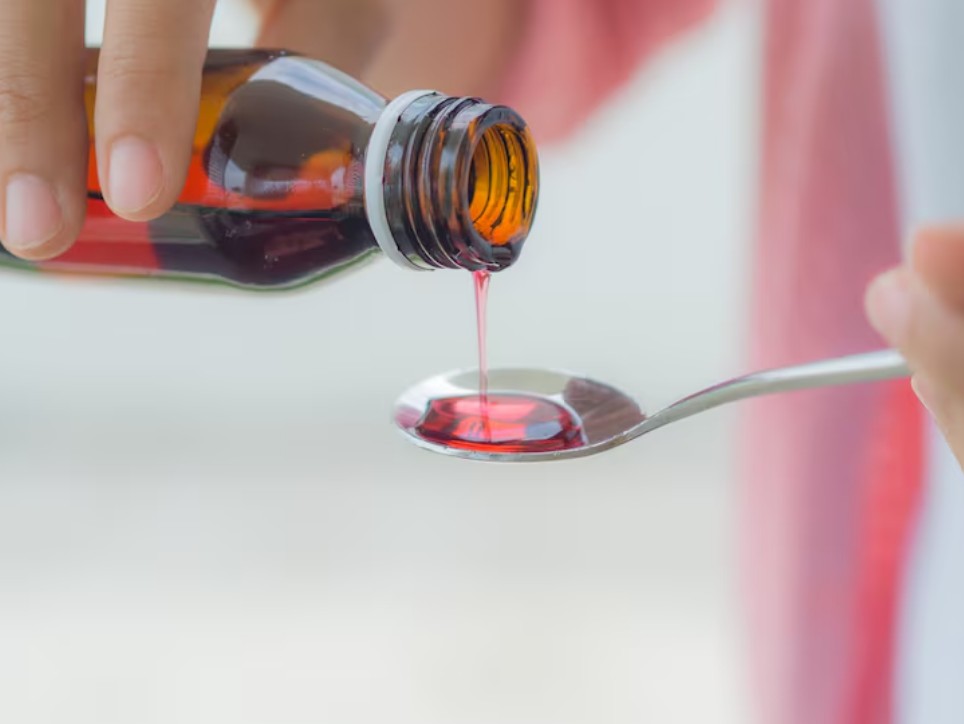
The recent cough syrup controversy has once again raised alarms among parents across India. Several child deaths reported abroad and suspected links to toxic cough syrups have led to a global outcry over medicine safety and manufacturing practices. In response, the Indian government has stepped up inspections, tightened export regulations, and made it mandatory for manufacturers to obtain quality certificates before sending cough syrups overseas.
While these measures are a welcome step, experts say that parental awareness and caution remain equally vital. To understand how parents can protect their children, we spoke to Dr Shireesha Gugloth, Consultant Paediatrician, Medicover Hospitals, Kharghar, Navi Mumbai, who shared key safety tips and common mistakes to avoid.

“Parents should always consult their paediatrician before giving any cough syrup,” says Dr Gugloth. “Avoid syrups containing terbutaline, Deriphyllin, Codeine, or Dextromethorphan, as their safety is not established in children below six years.”
These ingredients can cause side effects or be too strong for younger children, especially when given without medical supervision.
Dr Gugloth warns that diethylene glycol contamination is difficult to detect because it’s colourless and odourless. “Parents can reduce risks by avoiding multidrug combination syrups and over-the-counter products,” she advises. “Proper testing at the manufacturing level and strict government regulation are key to preventing contamination.”
“All over-the-counter cough syrups are not safe for children under six years, as they can cause unwanted side effects,” cautions Dr Gugloth. She recommends always consulting a paediatrician before giving any medication, even if it’s commonly available at pharmacies.
Don't Miss: 7 Causes of Bleeding After Sex: What It Means, When to Worry - Gynaecologist Explains

Dr Gugloth notes that many syrups lack clear information on side effects or dosage. Hence, parents should choose medicines prescribed by a doctor and buy only from reputed pharmacies or manufacturers with proper certifications.
“Self-medicating is dangerous,” warns Dr Gugloth. Parents should never estimate doses on their own. The correct amount depends on a child’s age and weight, and should only be prescribed by a paediatrician.
“Yes, some home remedies can help,” says Dr Gugloth. “Honey (for children above one year), warm water gargles, steam inhalation, proper hydration, and keeping the child’s head elevated can ease mild cough symptoms.” However, she emphasises that even natural remedies should be discussed with a doctor to rule out serious conditions.

As cough syrup safety remains under scrutiny, the best approach for parents is vigilance, reading labels carefully, avoiding self-medication, and consulting a trusted paediatrician before giving any medicine to their child.
Don't Miss: 7 Everyday Habits To Keep Blood Sugar In Check
Keep reading Herzindagi for more such stories.
Image Courtesy: Freepik
Also watch this video
Herzindagi video
Our aim is to provide accurate, safe and expert verified information through our articles and social media handles. The remedies, advice and tips mentioned here are for general information only. Please consult your expert before trying any kind of health, beauty, life hacks or astrology related tips. For any feedback or complaint, contact us at compliant_gro@jagrannewmedia.com.